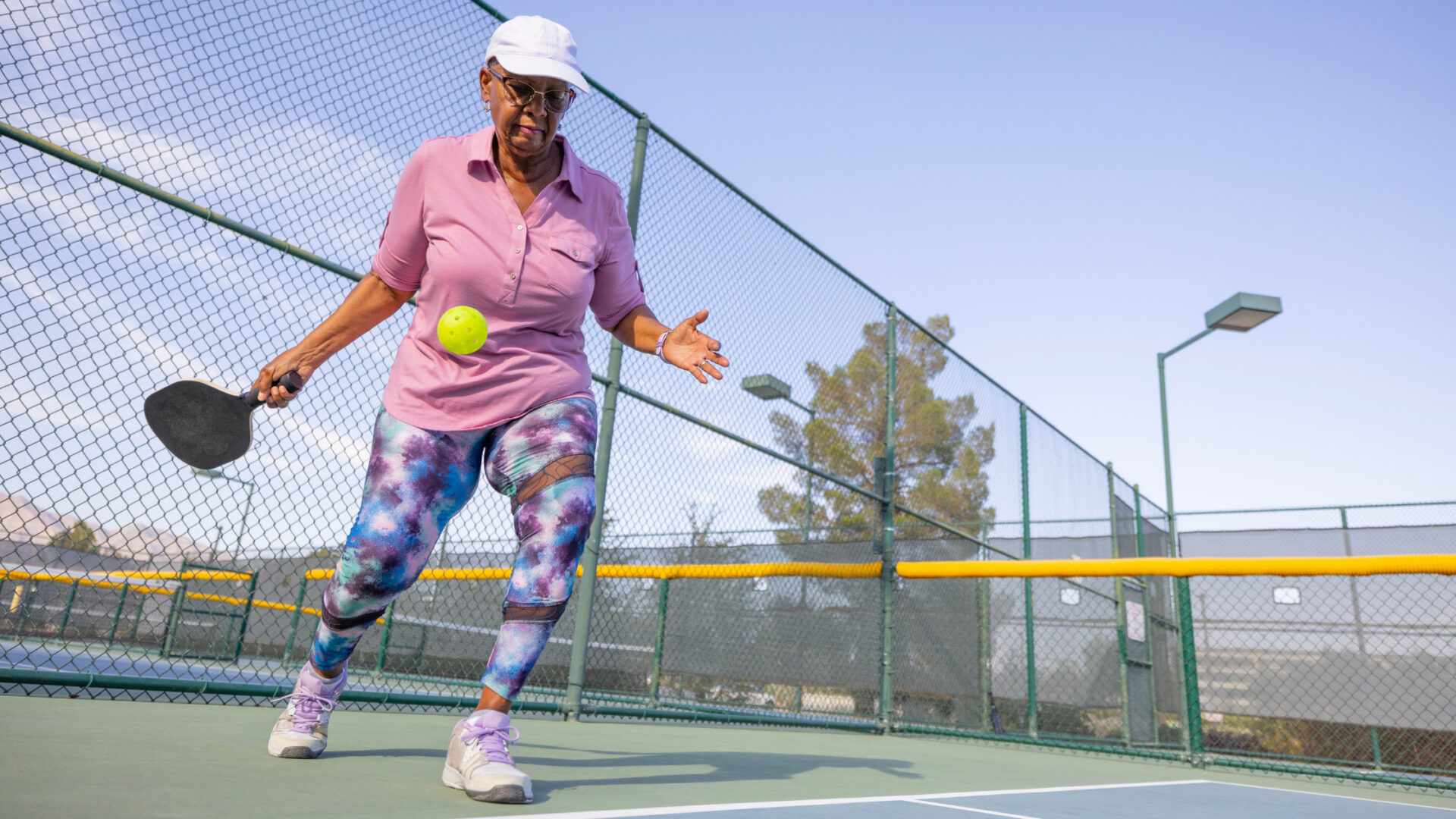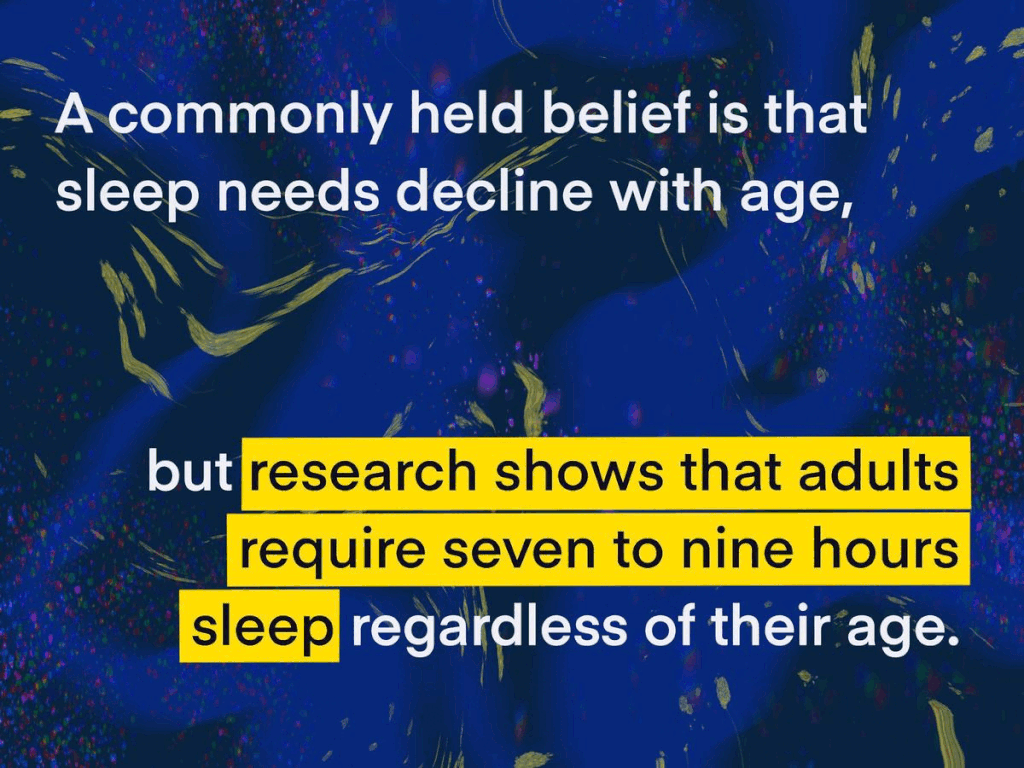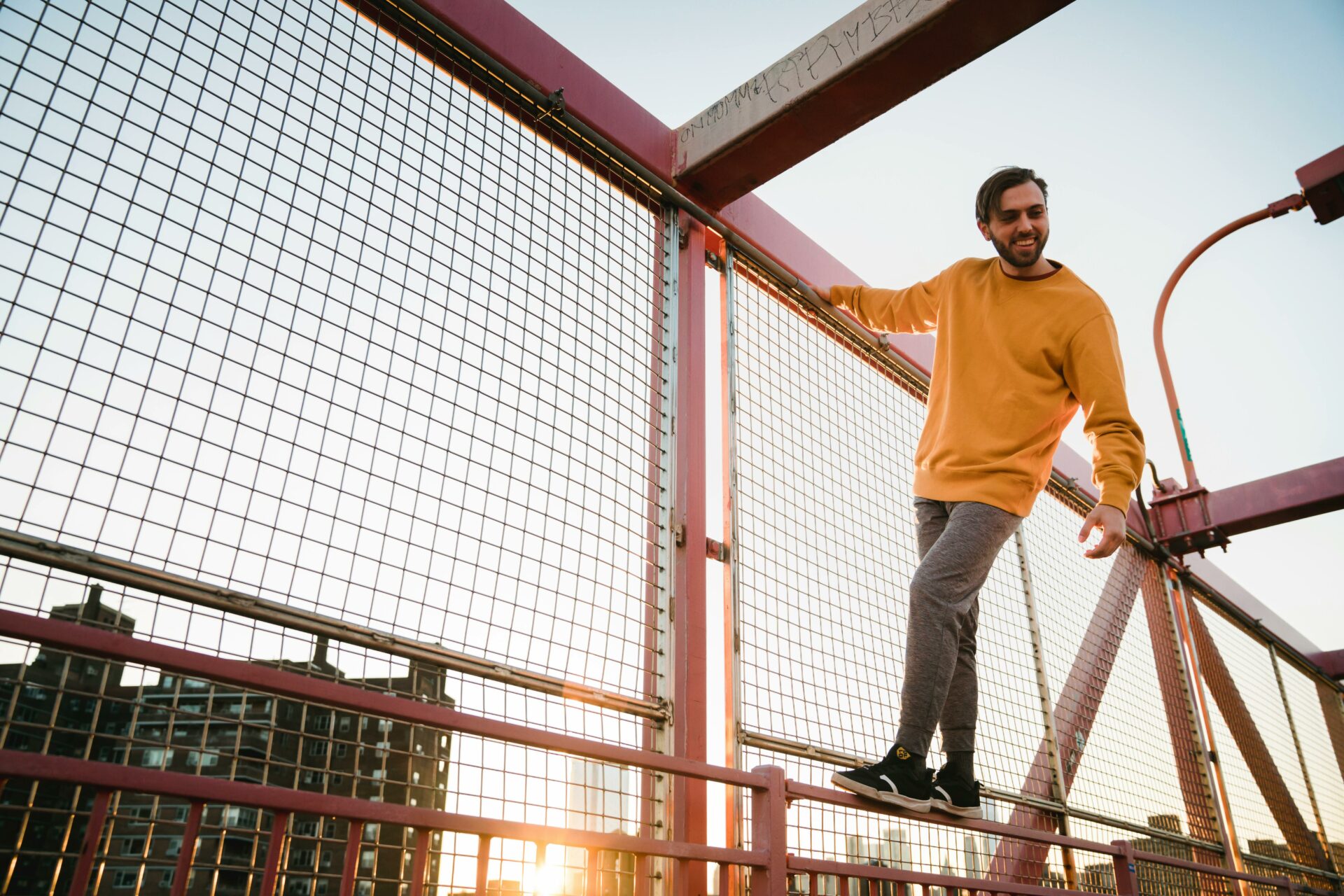The Link Between Aging and Sleeplessness

Sleeplessness, along with other physical symptoms, has long been an accepted part of the aging process. Senior often find it takes longer to fall asleep and struggle to stay asleep than in their younger years with 50-60% of older adults report a poorer sleep quality than average. A commonly held belief is that sleep needs decline with age, but this is untrue. Research shows that adults require seven to nine hours sleep regardless of their age. So why can’t seniors sleep?
Changes in sleep architecture are to blame for most common sleep problems. Sleep occurs in multiple stages including dreamless light periods, deep sleep and occasional periods of active dreaming, called REM sleep. These phases are repeated several times during the night and although total sleep time tends to remain constant, seniors spend more time in the lighter stages of sleep than in deep sleep.
Another factor playing into the decline of sleep in older adults is the prevalence of comorbidities. These are illnesses that are occurring alongside another illness such as lung disease, cardiovascular disease, cancer, and diabetes- to name a few. Commonly, comorbidities are painful and require extensive medication with one-third of seniors reporting a routine of over five medications at a time. These interventions can cause discomfort and poor sleep quality. The illnesses these medications are treating can also be implicated in a number of sleep disorders like insomnia and sleep apnea.
Changes to the body’s internal sleep regulator, the circadian rhythm, can also affect sleep quality. Older people tend to fall asleep earlier in the evening and wake earlier in the morning than they did in
their younger years, a condition called sleep phase syndrome. The reason for this shift isn’t clear, but one theory is that it may have to do with light exposure as aging eyes do not let the proper amount of light in, thus disrupting the body’s natural sleep-schedule. Light is a key indicator for the body when it comes to sleep scheduling. Since older adults spend significantly less time outdoors and more time exposed to weaker, artificial sources of light, their body cannot be relied upon to understand when it is time to hit the hay. Current treatment options for advanced sleep phase syndrome typically include bright light therapy during daylight hours.

As mentioned previously, the occurrence of sleep disorders is more common with age. A common explanation for some of these complications is the calcification of the pineal gland over time. This means that the brain does not produce as much natural melatonin as a healthy one. Ingredients in our diets such as caffeine can also accelerate, and worsen, this process. Research suggests, however, that many of the problems seniors struggle with can be a result of physical and psychiatric challenges and the medications used to treat them.
Fatigue doesn’t have to be a symptom of aging anymore! Regardless of the cause, adding Zenbev to a calming nighttime routine can help promote natural sleep by stimulating natural melatonin production. Using only food-based ingredients, Zenbev doesn’t cause side effects nor does it interfere with prescription or over-the-counter medications. Zenbev can help restore your quality of life, so you can feel like yourself again.


